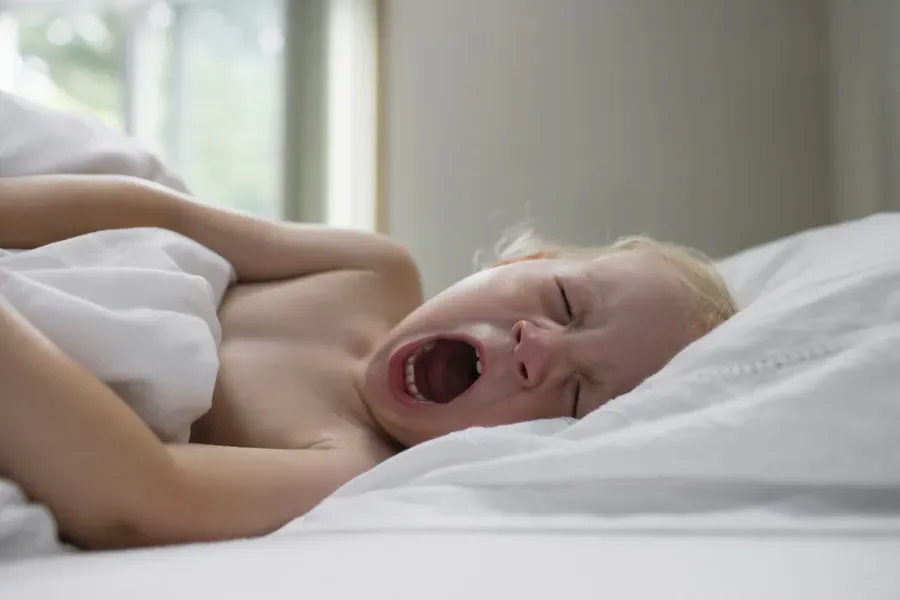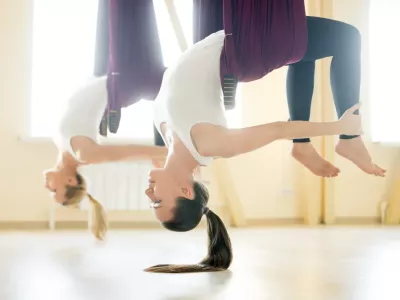Not Enough Sleep Affects Kids, Too

As any parent of a newborn can tell you, a lack of sleep is debilitating. Not only do you feel physically exhausted; it seems like your brain is operating through a fog. Sometimes this results in things we can laugh about later. The internet is rife with funny stories about things sleep-deprived parents have done, from giving the dog a sippy-cup to mistaking the lounge for the bathroom.
But not having enough sleep can have serious consequences too, such as industrial or traffic accidents. And increasingly, there’s evidence to suggest a link between not getting enough sleep on a regular basis in early childhood and cognitive and behaviour problems down the track.
For example, a study recently published in American Pediatrics found an association between insufficient sleep (in toddlers and pre-schoolers) and poorer executive function and behaviour when those children were tested at 7 years of age. The study was led by Dr Elsie Taveras, chief of general paediatrics at Boston’s Massachusetts General Hospital for Children.
The 7-year-olds who had poorer scores for both cognitive functioning and behaviour (rated by both their mothers and their teachers) were the ones who’d had:
- less than 10 hours per day when they were 3-4 years old
- less than 9 hours per day when they were 5-7 years old
In other words, a 3-4 year old who wakes up at 6 o’clock should be going to bed at around 7pm. Even if the alarm doesn’t go off until 7, and they’re a bit older (5-7 years), they still should be asleep by 9pm.
The study authors shied away from saying lack of sleep causes these problems, and the reality may be more complex. Some earlier studies, like this one, have suggested that poor or fragmented sleep could possibly be the result of conditions that also cause behavioural or cognitive problems, rather than creating them.
The emerging field of sleep medicine has greatly increased our knowledge about things like the effects of blue light from screens, sleep apnea, and anxiety, and their effects on not only adult sleep but children’s sleep too. The National Sleep Foundation, based in the United States, has collated a lot of the latest information in a user-friendly format on their website www.sleep.org.
One thing hasn’t changed is the need for consistent and predictable sleep schedules and routines for kids. This is even more important in a world where parents are doing shift-work, co-parenting with ex-partners and grandparents, and everybody is tempted to succumb to the constant lure of electronic games, videos and social apps.
Every child is different, and some can be easier to get to sleep than others. Bedtime battles are not uncommon at all, so if you feel like this is an area where you’re struggling, you might want to talk to a Triple P provider about some new ideas and techniques that can make the whole process a lot easier. The long-term benefits for your child could include much more than just feeling refreshed.

